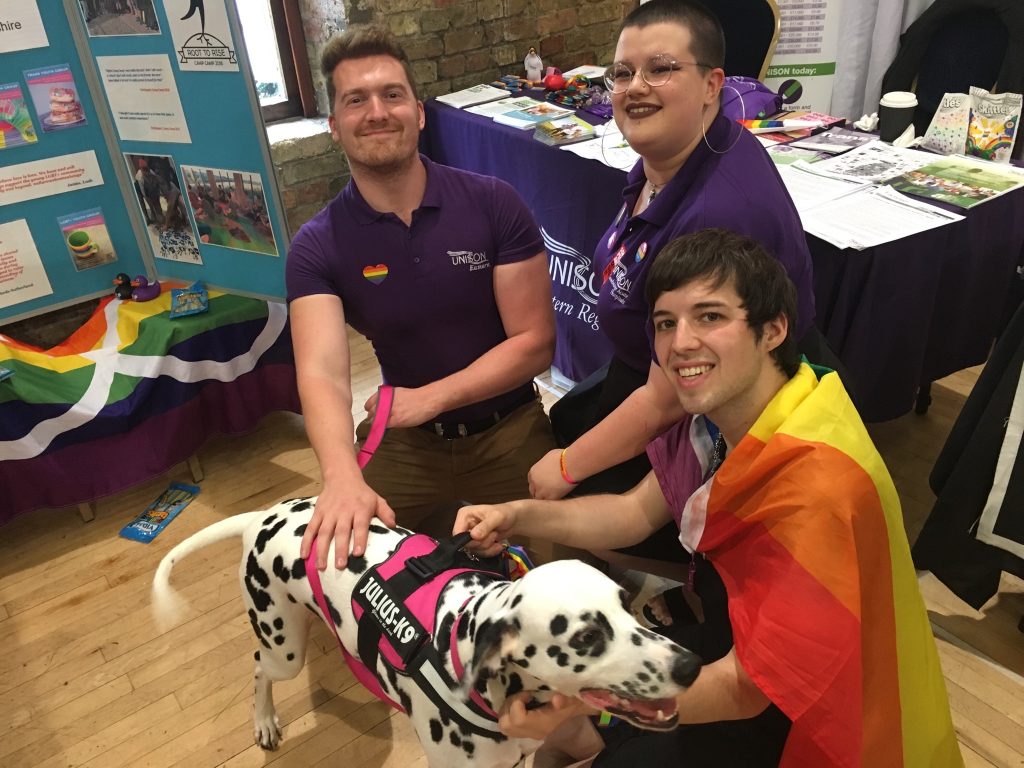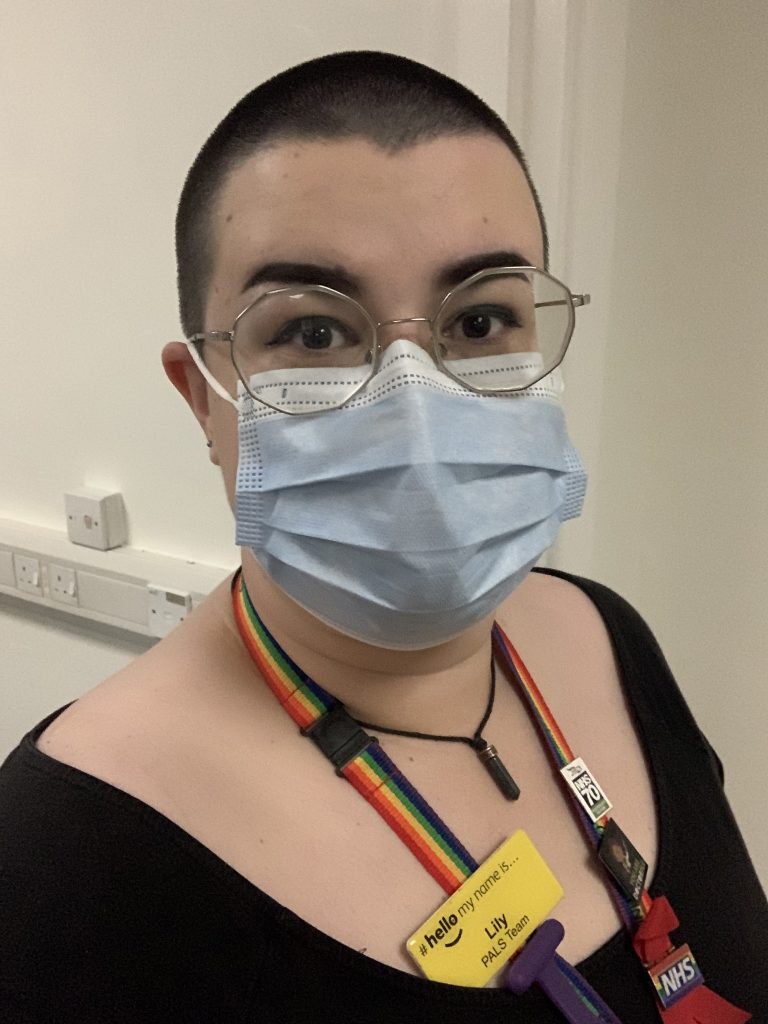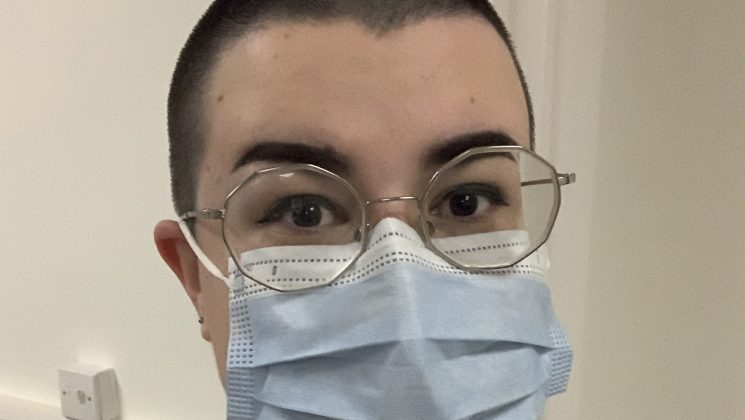It’s not just doctors and nurses who make up the NHS. It take a whole team to keep the health service going.
And while cleaners, caterers and porters are visible and getting thanks, many seem to forget how vital administrators are to the NHS family.
UNISON Eastern spoke to Lily Martin, an admin worker in Addenbrooke’s Patient Advice and Liaison Service, to find out more.
In normal times, she works 8am to 4pm Monday to Friday at the Cambridge hospital, greeting visitors on the front desk and taking phone calls, as well as helping take care of any other admin tasks in the team.
Needless to say, social distancing measures have dramatically changed that.
“Our office doors are now closed to the public but we are still contactable by email, telephone and post,” says Lily.
The office is now providing a patient helpline to deliver messages and personal items, such as snacks, clothing and toiletries, to inpatients from loved ones who can’t visit.
“I have been partially redeployed to help get the property of deceased patients back to their loved ones as they cannot visit the hospital.
“This has been amazingly rewarding but not without its challenges and has made me appreciate the hard work that all staff are doing during this time.”
Lily can work from home a few days a week, but she still spends most of her working hours on site.
While many hospital workers have raised serious concerns about a lack of personal protective equipment and the impossibility of social distancing, Lily says it’s not been a problem in her role.
“There is extensive signage regarding social distancing across the campus as well as face masks available to staff and the public who require it.
“However, I am aware that many of my clinical colleagues who require extensive PPE are not so lucky – I fear that the lack of organisation and planning from the Government has unnecessarily exposed them to the virus.”

As well as Lily’s work at the hospital, Lily is LGBT+ officer in her UNISON branch and active on the regional LGBT+ committee. She warns that the pandemic and lockdown could be having particularly egregious effects on members of the LGBT+ community.
“Being in quarantine can be difficult in itself but if you are under the same roof as people who do not accept you for who you are then this can cause further mental health strain in an already testing time.
“It also has affected many services and safe spaces that LGBT+ people would find support from.”
Her concerns are shared by the LGBT Foundation, which has published a report warning that the crisis is disproportionately affecting LGBT+ people.
LGBT+ people are more likely to suffer from poor mental health or experience domestic abuse and homelessness, the group points out, which are all exacerbated by lockdown. Further, the foundation has received reports that some trans and non-binary people have had their hormone replacement therapy suspended as “non-essential.”
Returning to the NHS, Lily is clear about what the rumours of a two-year public sector pay freeze would mean.
“As a NHS worker, it is worrying to think that my colleagues and I will be further subject to austerity when we are already stretched in terms of resources, staffing and many other areas.
“To freeze the pay of those who have risked their lives to help those who need it during this pandemic is wrong and immoral.”


